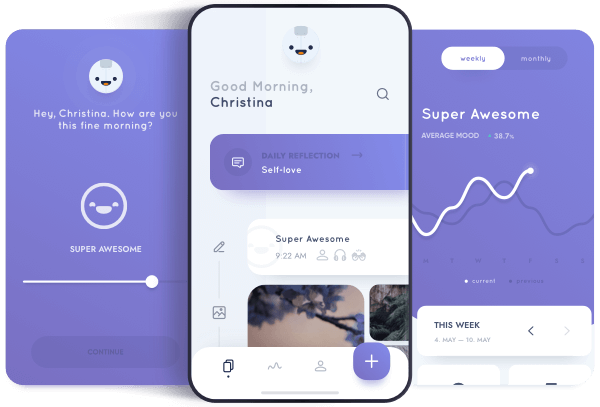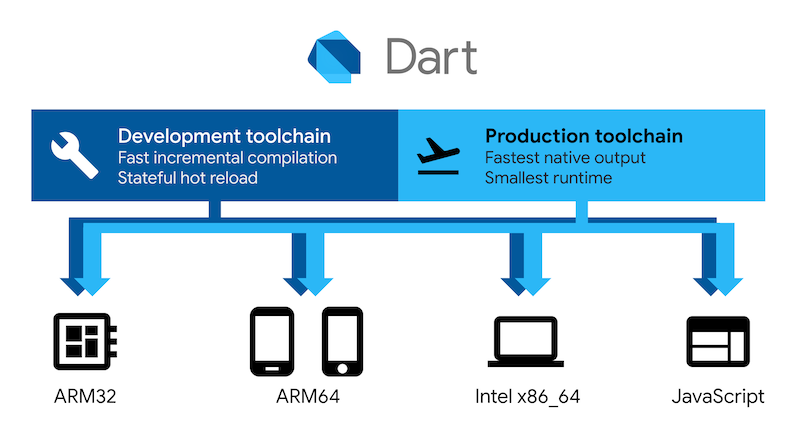## `integration_ui_keyboard_resize` flakiness reduction This PR addresses flakiness in the `integration_ui_keyboard_resize` test (issue #161300) and slightly improves its performance. **Issue summary:** The `integration_ui_keyboard_resize` test occasionally fails because the device keyboard does not reliably open at the start of the test. This PR mitigates one cause of this flakiness, though other potential underlying issues may still exist. See #161300 for a detailed investigation. **Changes and rationale:** 1. **Improved keyboard detection logic (flakiness reduction):** * The core change moves `await driver.tap(defaultTextField);` *inside* the loop that checks for layout changes. This ensures the test repeatedly attempts to open the keyboard *while* waiting for the expected layout shift, significantly improving reliability. * **Local testing results (MacBook Pro M1 + Pixel 8 Pro):** * **Original implementation:** Consistent failures within the first 15 iterations. * **This PR:** Ran consistently for at least 300 iterations (out of 2000) before any failure, with some runs exceeding 900 iterations. 2. **`enableTextEntryEmulation` configuration improvement:** * The `keyboard_resize.dart` app is *exclusively* used for testing and requires `enableTextEntryEmulation: false` for proper device keyboard interaction. * This PR sets `enableTextEntryEmulation: false` directly within the app's `enableFlutterDriverExtension` setup. This simplifies the test setup, avoids cross-thread communication, and prevents the app from appearing broken when run independently (as manual text input wouldn't work otherwise). 3. **UI enhancements for manual testing:** * Added `SafeArea` and `InputDecoration` to `keyboard_resize.dart`. This ensures the `TextField` is fully visible and usable during manual testing (it was previously obscured by the Android status bar). This improves the developer experience when debugging the app directly. 4. **Optimized polling for speed:** * Reduced the polling interval and increased the number of polling iterations (maintaining the overall timeout). This change resulted in a ~2-second speed improvement per test iteration during local testing. **Further flakiness improvement discussion and ideas** See the discussion at https://github.com/flutter/flutter/issues/161300 **Testing and reproduction:** To reproduce the original flakiness and verify the fix (reproducibility may vary based on setup; see https://github.com/flutter/flutter/issues/161300#issuecomment-2618952501): 1. **Disable automatic reboots:** Comment out the `await checkForRebootRequired();` line in9e273d5e6e/dev/devicelab/lib/framework/framework.dart (L240-L243)2. **Disable automatic retries:** Set `static const int retryNumber = 0;` in9e273d5e6e/dev/devicelab/lib/framework/cocoon.dart (L56-L57)3. **Install `hyperfine`:** This is a command-line benchmarking tool (e.g., `brew install hyperfine` on macOS). 4. **Connect a device/emulator:** Connect a physical Android device or start an emulator. 5. **Run repeated tests:** Use `hyperfine` to run the test multiple times and capture the output: ```bash hyperfine -r 100 'dart bin/test_runner.dart test -t integration_ui_keyboard_resize > log.txt' ```
Flutter is Google's SDK for crafting beautiful, fast user experiences for mobile, web, and desktop from a single codebase. Flutter works with existing code, is used by developers and organizations around the world, and is free and open source.
Documentation
For announcements about new releases, follow the flutter-announce@googlegroups.com mailing list. Our documentation also tracks breaking changes across releases.
Terms of service
The Flutter tool may occasionally download resources from Google servers. By downloading or using the Flutter SDK, you agree to the Google Terms of Service: https://policies.google.com/terms
For example, when installed from GitHub (as opposed to from a prepackaged
archive), the Flutter tool will download the Dart SDK from Google servers
immediately when first run, as it is used to execute the flutter tool itself.
This will also occur when Flutter is upgraded (e.g. by running the flutter upgrade command).
About Flutter
We think Flutter will help you create beautiful, fast apps, with a productive, extensible and open development model, whether you're targeting iOS or Android, web, Windows, macOS, Linux or embedding it as the UI toolkit for a platform of your choice.
Beautiful user experiences
We want to enable designers to deliver their full creative vision without being forced to water it down due to limitations of the underlying framework. Flutter's layered architecture gives you control over every pixel on the screen and its powerful compositing capabilities let you overlay and animate graphics, video, text, and controls without limitation. Flutter includes a full set of widgets that deliver pixel-perfect experiences whether you're building for iOS (Cupertino) or other platforms (Material), along with support for customizing or creating entirely new visual components.

Fast results
Flutter is fast. It's powered by hardware-accelerated 2D graphics libraries like Skia (which underpins Chrome and Android) and Impeller. We architected Flutter to support glitch-free, jank-free graphics at the native speed of your device.
Flutter code is powered by the world-class Dart platform, which enables compilation to 32-bit and 64-bit ARM machine code for iOS and Android, JavaScript and WebAssembly for the web, as well as Intel x64 and ARM for desktop devices.

Productive development
Flutter offers stateful hot reload, allowing you to make changes to your code and see the results instantly without restarting your app or losing its state.
Extensible and open model
Flutter works with any development tool (or none at all), and also includes editor plug-ins for both Visual Studio Code and IntelliJ / Android Studio. Flutter provides tens of thousands of packages to speed your development, regardless of your target platform. And accessing other native code is easy, with support for both FFI (on Android, on iOS, on macOS, and on Windows) as well as platform-specific APIs.
Flutter is a fully open-source project, and we welcome contributions. Information on how to get started can be found in our contributor guide.





